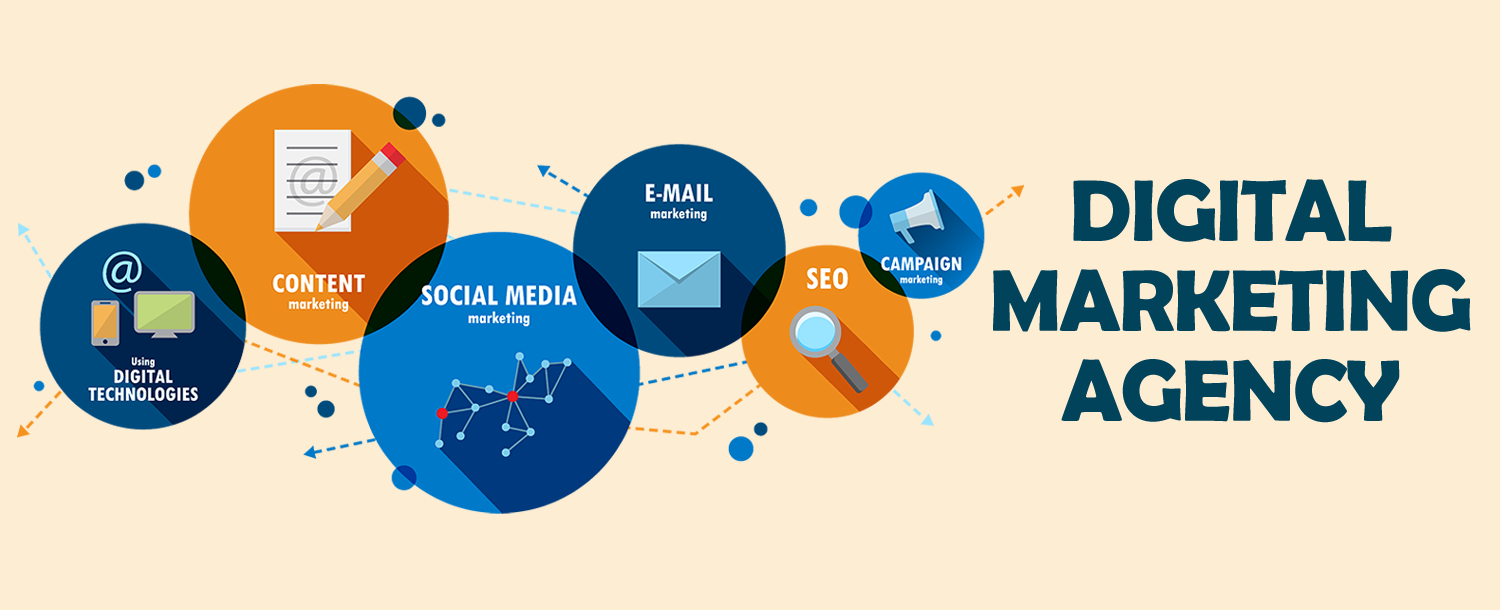Digital marketing refers to the marketing of products or services using digital technologies, mainly on the internet, but also including mobile phones, display advertising, and any other digital medium. In today's digital age, digital marketing plays a very important role in the success of businesses. Here are the key components that make up digital marketing basics:
Online Advertising
One of the major components of digital marketing is online advertising. This includes advertising your business through various platforms like search engines, social media, emails, websites, apps, and more.
Search Engine Optimization (SEO)
Search engine optimization or SEO is the process of optimizing your website to rank higher in search engine results pages (SERPs) mainly Google, Bing, and Yahoo. The higher the ranking, the more organic traffic your website will receive from search engines. Key SEO tactics include optimization of page titles, meta descriptions, headings, internal linking, external linking, keyword research, etc.
Pay-Per-Click (PPC) Advertising
Pay-per-click or PPC advertising allows you to advertise your business on search engines and social media platforms through paid ads. With PPC, you only pay when someone clicks on your ad. Two major PPC platforms are Google Ads and Facebook Ads. Proper targeting, bidding management, and ad optimization are important for PPC success.
Social Media Marketing
Building a presence on social networks like Facebook, Twitter, Instagram, LinkedIn, Pinterest, etc, and engaging with your target audience is an important part of digital marketing. You can create social media profiles for your business, post engaging content regularly, run social ads, and more to gain followers. Social listening and analyzing social metrics are also important.
Content Marketing
Creating and sharing valuable, informative, and engaging content about your brand, products or industry is a strong digital marketing tactic. Content includes blogs, videos, infographics, ebooks, webinars, podcasts, case studies etc. Content marketing aims to attract and retain customers by providing useful information to them.
Email Marketing
Email marketing involves using email as a channel to promote products, services, or brand awareness. Building an email list of subscribers and sending them targeted, permission-based email communications help in lead generation and marketing campaigns. Segmentation, personalization, and automation are important for an effective email marketing strategy.
Website Optimization
For digital marketing to be successful, the company website needs to be well-designed, and optimized for usability and conversions. Key factors include a responsive design, speed, and performance, call-to-action buttons, conversion rate optimization, landing pages, etc. Analytics tools help track user behavior and improve the site.
Mobile Marketing
As mobile phone usage increases globally, mobile marketing is gaining prominence. It involves marketing efforts optimized for smartphones and tablets, including SMS/MMS marketing, mobile-optimized websites, mobile apps, location-based marketing, etc. Mobile advertising also plays a key role.
Customer Relationship Management (CRM)
CRM systems help you track and analyze customer behavior, and manage leads and sales pipeline. Automated workflows save time and resources by triggering actionable messages based on customer behavior and events. Dashboards provide analytical insights for strategic decision-making. Integrating digital marketing and CRM leads to higher ROI.
Analytics and Reporting
Analytics refers to the measurement and analysis of digital marketing campaign performance across all platforms. Key performance indicators include metrics like clicks, views, leads, subscriptions, conversions, ROI, etc. Reporting and analysis enables tracking of goals and objectives, identifying bottlenecks, and optimizing future strategies based on data-driven insights.
Automation
Using automation to enhance digital marketing processes through software, tools, and technologies allows scaling marketing efforts with minimal manual effort. Lead scoring, email/forms automation, content curation, social posting, workflows, etc can be automated for higher productivity and better results.
Integration
All digital channels must be integrated with back-end systems like CRM for a unified marketing experience. For example, website inquiry forms seamlessly capture leads into CRM or social listening dashboards notifying about customer feedback everywhere. Integrated platforms provide centralized control and real-time visibility.
In conclusion, digital marketing is evolving continuously with new technologies, best practices, and strategies emerging regularly. The key is to adopt an omnichannel, integrated, and data-driven approach along with constant innovation to effectively reach target customers online. Hiring a reputed digital marketing agency can help businesses leverage these digital trends and tools for measurable results.


